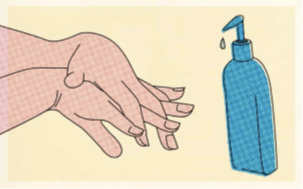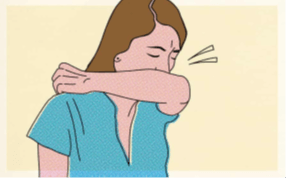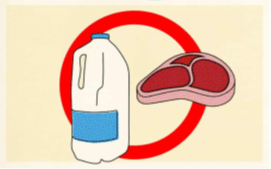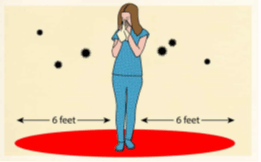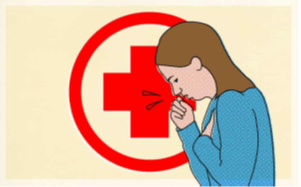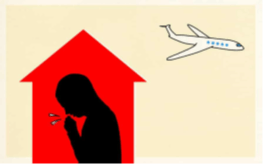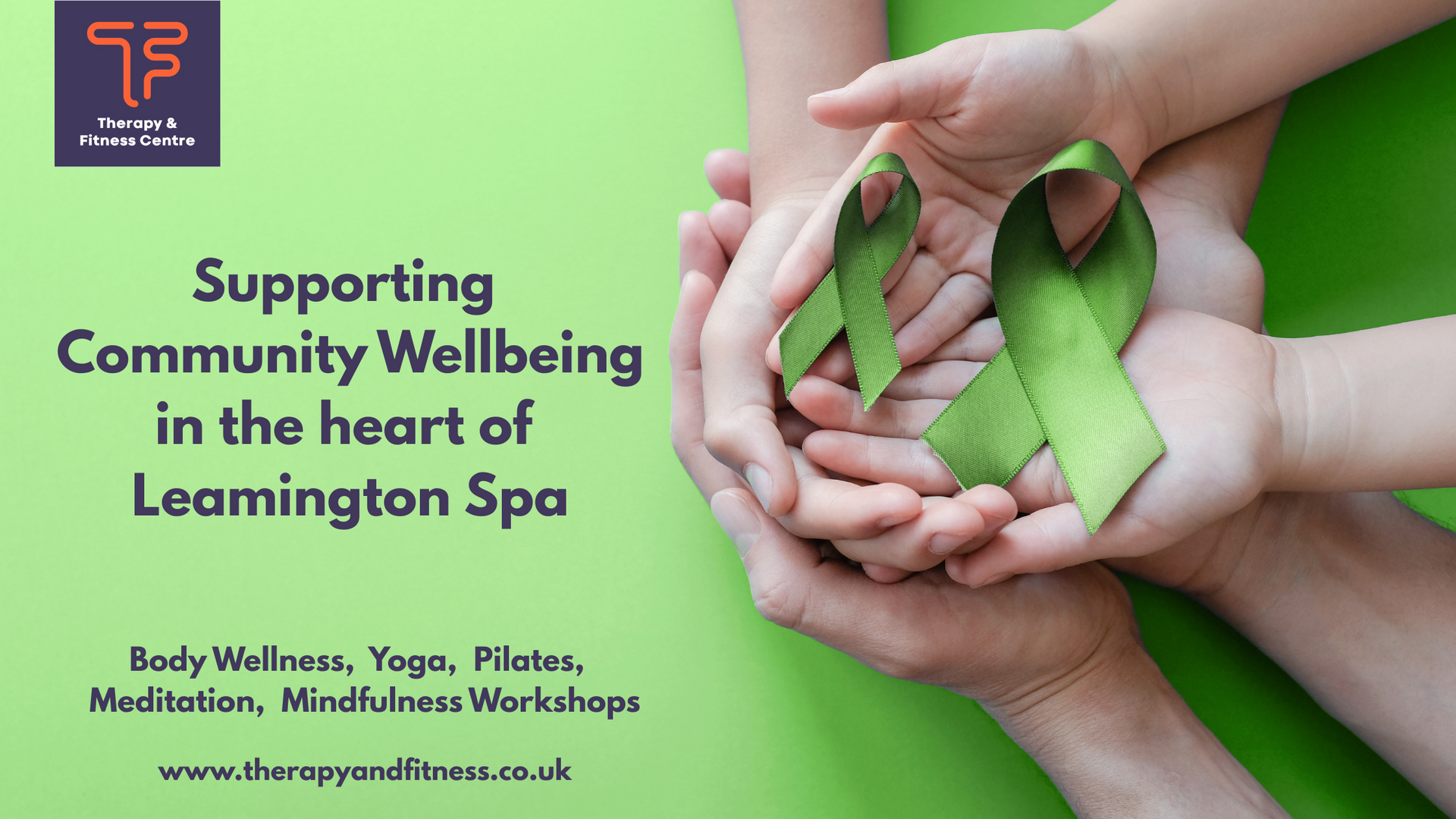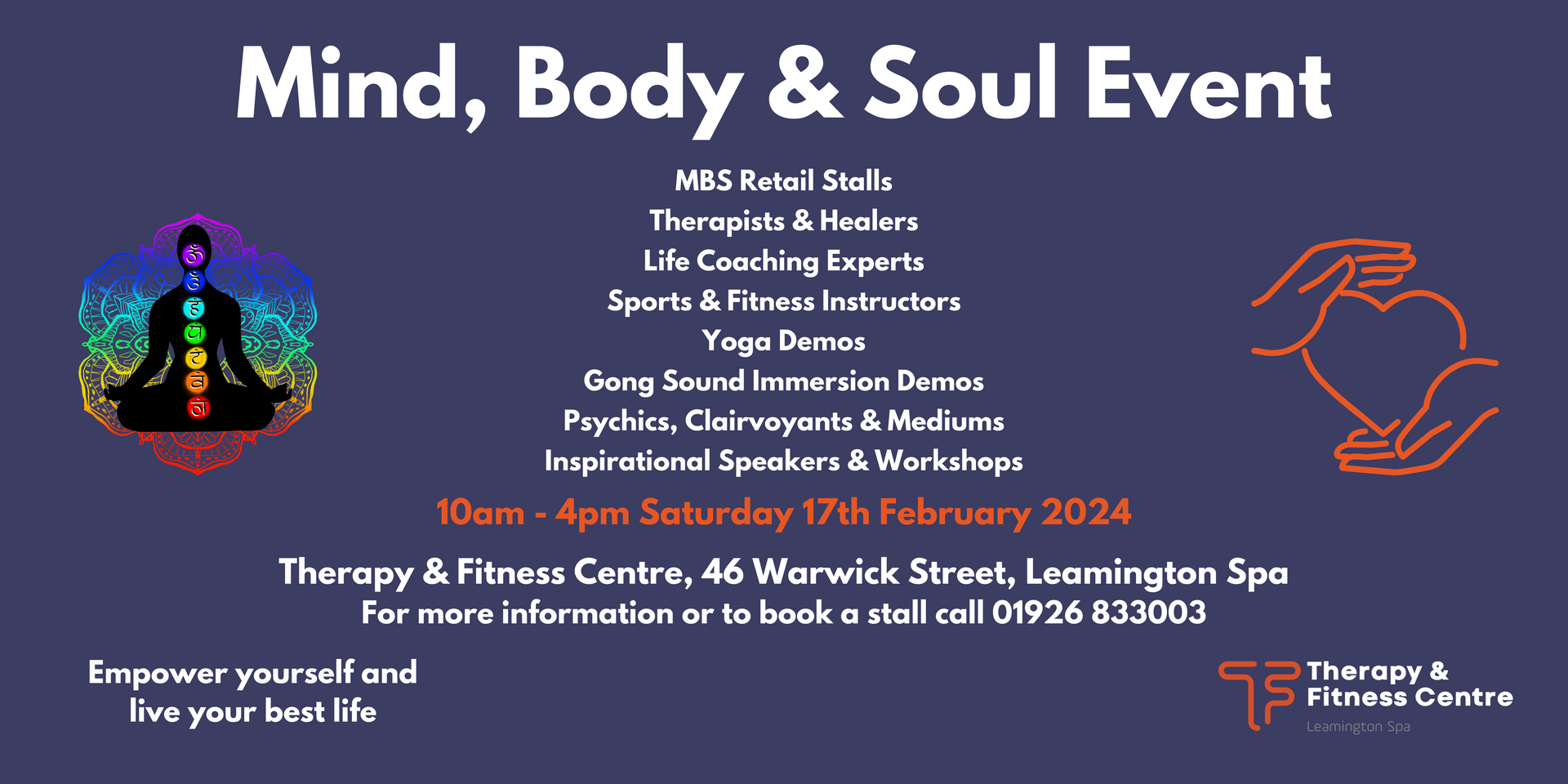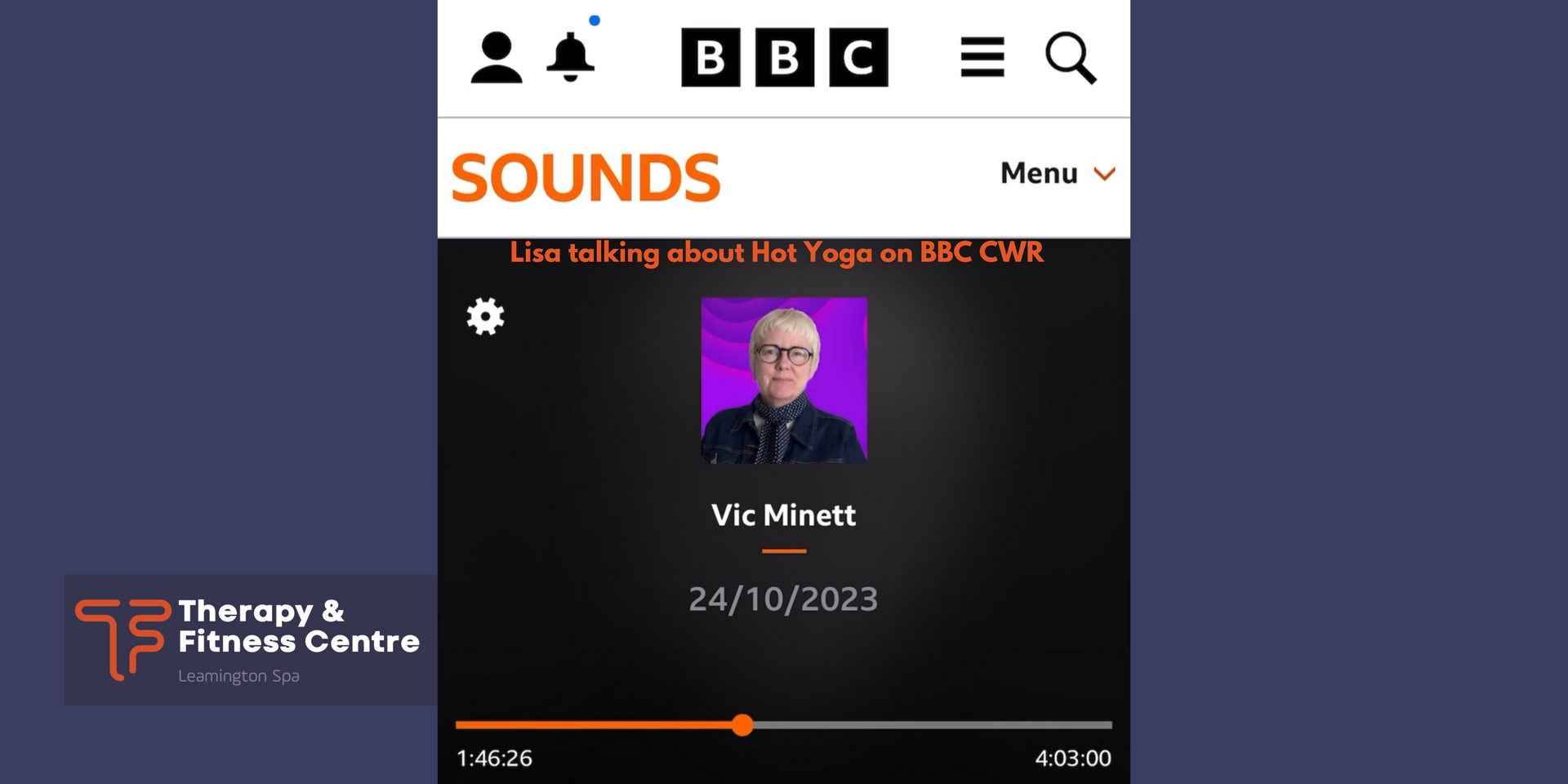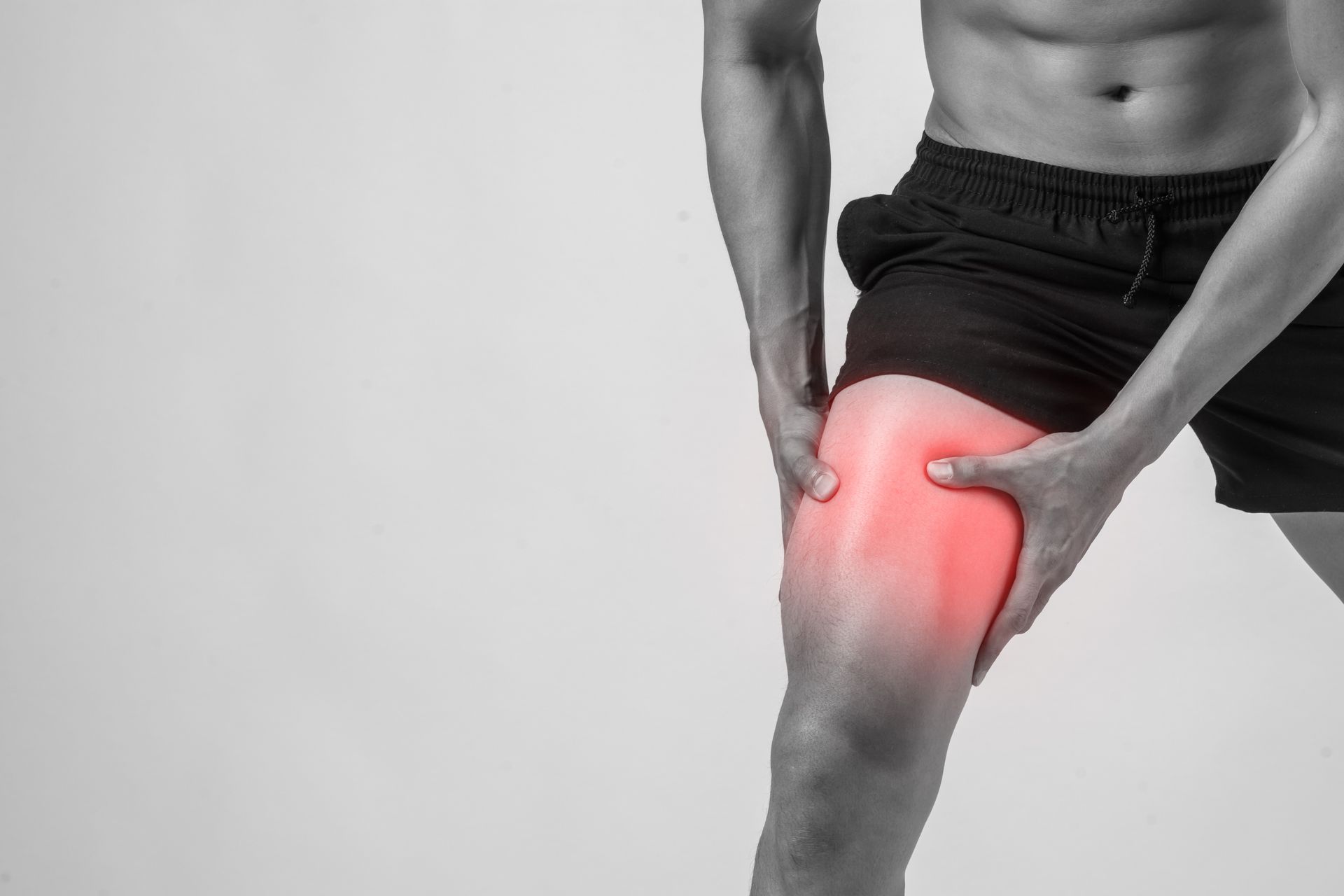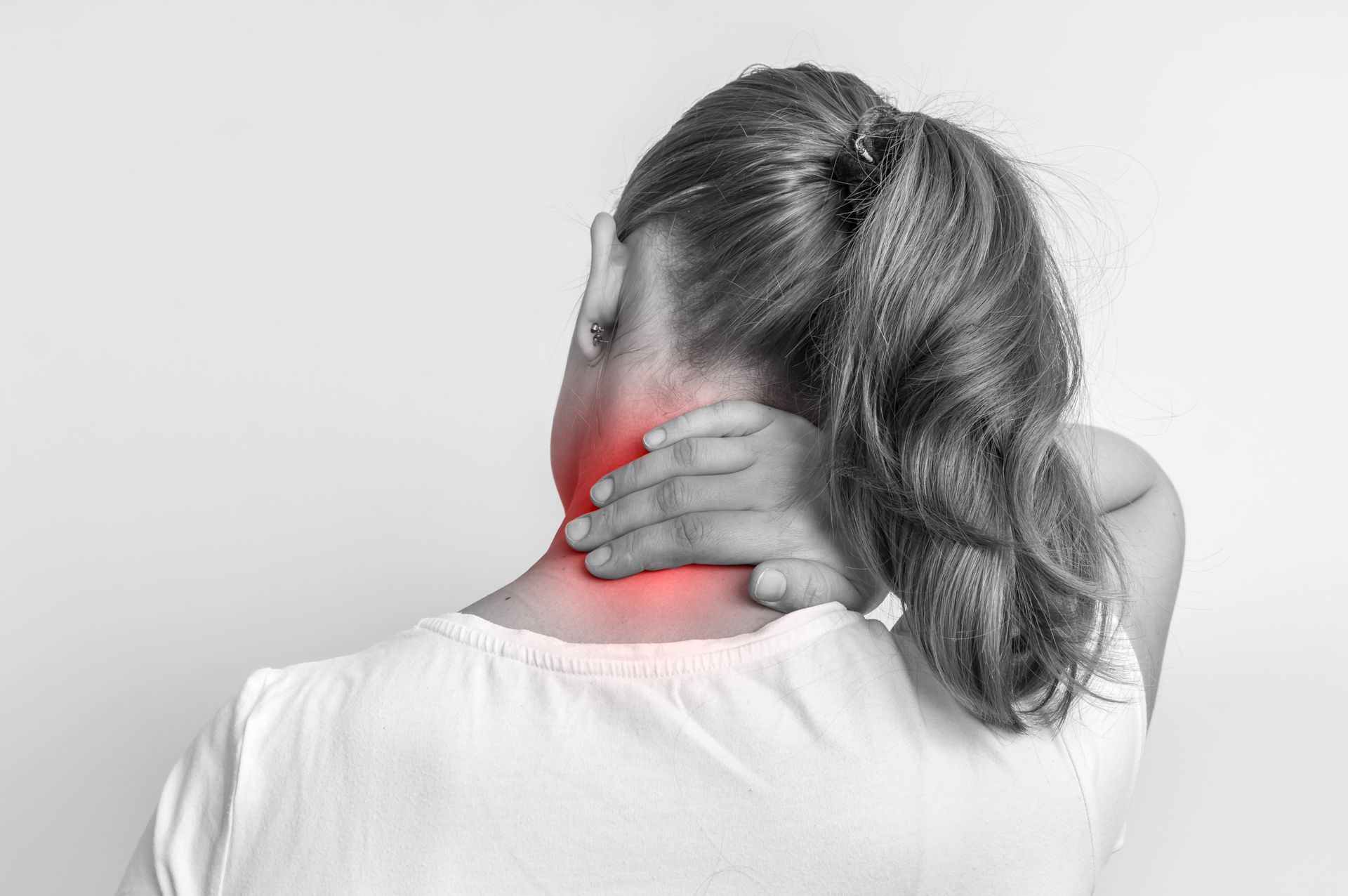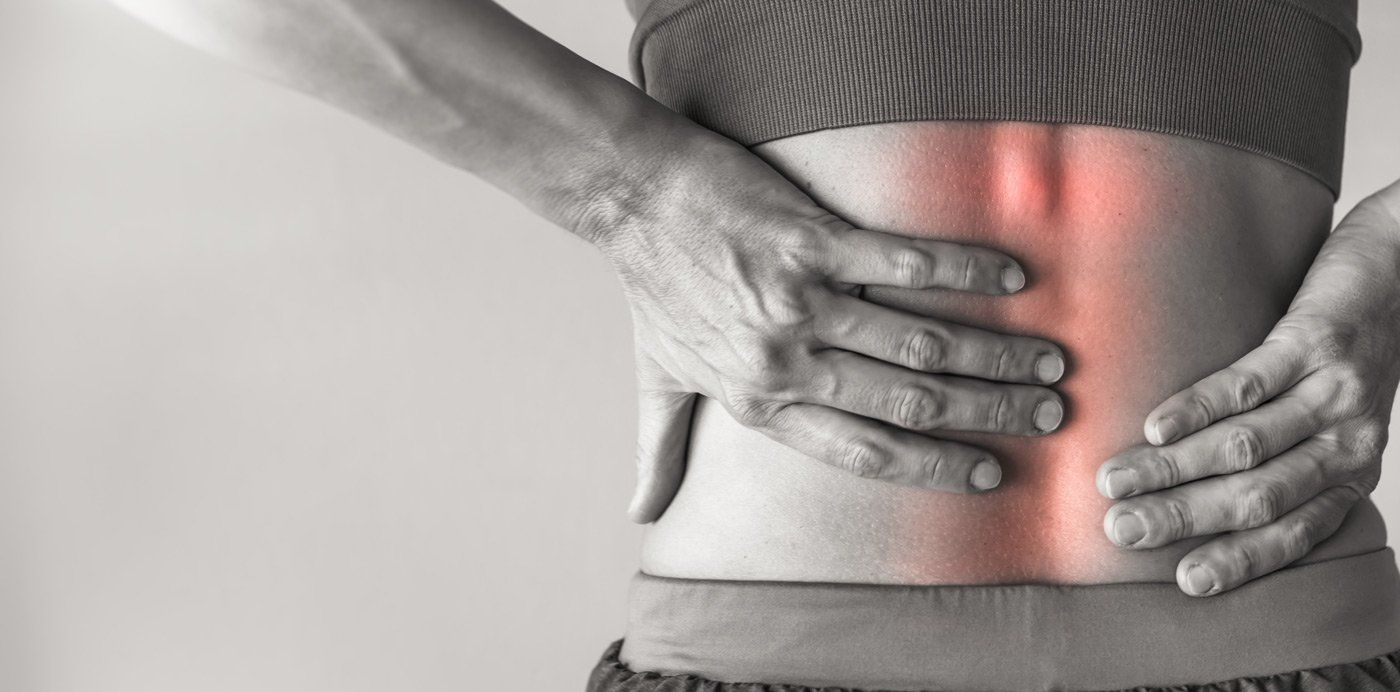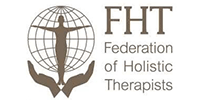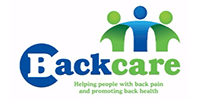Regular hand washing. Wash your hands: wet your hands with clean, running water and apply soap. Lather your hands, including the backs, between your fingers, and under your nails and scrub for at least 20 seconds. Rinse.
Coronavirus
Lisa Moore • March 4, 2020
Coronavirus and what you need to know?
Do you have concerns about coronavirus? Do you know what it is? Here’s some information on it and some tips to help you protect yourself and your family against it.
What is Coronavirus?
Coronaviruses (CoV) are a large family of viruses that cause illness ranging from the common cold to more severe diseases such as such as Middle East Respiratory Syndrome (MERS-CoV) and Severe Acute Respiratory Syndrome (SARS-CoV). A novel coronavirus (nCoV) is a new strain that has not been previously identified in humans.
What’s different about this Coronavirus if they’re common around the world?
Novel coronavirus (COVID-19) is a new strain of coronavirus first identified in Wuhan City, China. There was no known vaccine or antibiotics when it was first identified.
Coronaviruses are zoonotic, meaning they are transmitted between animals and people. Detailed investigations found that SARS-CoV was transmitted from civet cats to humans and MERS-CoV from dromedary camels to humans. Several known coronaviruses are circulating in animals that have not yet infected humans.
What are the symptoms of Coronavirus?
Typical symptoms of coronavirus include a fever or a high temperature, a sore throat and a cough that may progress to a severe pneumonia causing shortness of breath and breathing difficulties.
Generally, coronavirus can cause more severe symptoms in people with weakened immune systems such as the elderly and those with long-term health conditions like diabetes, cancer and chronic lung disease or the very young.
How quickly do Coronavirus symptoms emerge?
Symptoms are thought to appear between two and 10 days after contracting the virus but may be up to 24 days.
How can I protect myself against Coronavirus?
How contagious is Coronavirus?
The pathogen can travel through the air, enveloped in tiny respiratory droplets that are produced when a sick person breathes, talks, coughs or sneezes. However, these droplets fall to the ground within a few feet and that, should make the virus harder to get than pathogens like measles, chickenpox and tuberculosis, which can travel 100 feet through the air. All we need to start doing is complying to the basic principles of washing our hands correctly and sneezing and coughing into a tissue rather than our hands.
Will a face mask protect me against Coronavirus?
Face masks offer some protection as they block liquid droplets. However, they do not block smaller aerosol particles that can pass through the material of the mask. The masks also leave the eyes exposed and there is evidence that some viruses can infect a person through the eyes.
How long will it take to develop a treatment or a vaccine for Coronavirus?
Treatments and vaccines are constantly being tested and trialed but as these infections get resilient to the vaccines, this research is ongoing. All we can do is follow the simple principals of washing hands, using tissues and if you do have the symptoms stay indoors and seek medical advice over the phone.
What do I do if I think I have Coronavirus?
- People with mild symptoms. Even if you haven't tested positive for COVID-19 but have mild symptoms such as mild fever, cough or sore throat, should isolate themselves at home while they are sick. That means don't go to the office, school or public areas, and avoid using public transport or ride-sharing services.
While at home, you should also separate yourself from other people as much as possible, for example by staying in a specific room, and using a separate bathroom if one is available. In addition, you should limit contact with your pets until more information is known about whether the virus can spread to other animals. However, there are currently no confirmed reports of people transmitting the infection to their pets.
- Seek medical care for more serious symptoms. Those with COVID-19 should monitor their symptoms and seek medical care if their symptoms worsen. Symptoms that require medical attention include high fever, weakness, lethargy or shortness of breathe. Medical care for these symptoms is particularly important for those who are older or who have underlying medical conditions, who appear to be most at risk for serious complications from COVID-19. The older you are, the shorter the fuse you should have for seeking care.
- Take precautions when visiting the doctor. Before going to the doctor, you should call ahead and let your GP know that you have or may have COVID-19. This way, they can take steps to prevent others at the surgery or medical centre from being infected. You may also need to enter the facility through a separate entrance or visit a designated area.
- Wear a face mask when around others. The only times you should wear a face mask are if you are sick with the virus. In particular, people with COVID-19 should wear a face mask if they visit their GP. *Remember practice good hygiene. It sounds simple enough, but good hygiene practices are critical to preventing the spread of the new coronavirus. These include washing hands often for at least 20 seconds (especially after coughing, sneezing, blowing your nose or using the bathroom, and before eating or preparing food). Covering your mouth with a tissue or your elbow when you cough or sneeze; cleaning frequently touched surfaces such as doorknobs, tabletops, bathroom fixtures, keyboards and tablets; and avoiding sharing personal items like dishes, eating utensils, towels and bedding.
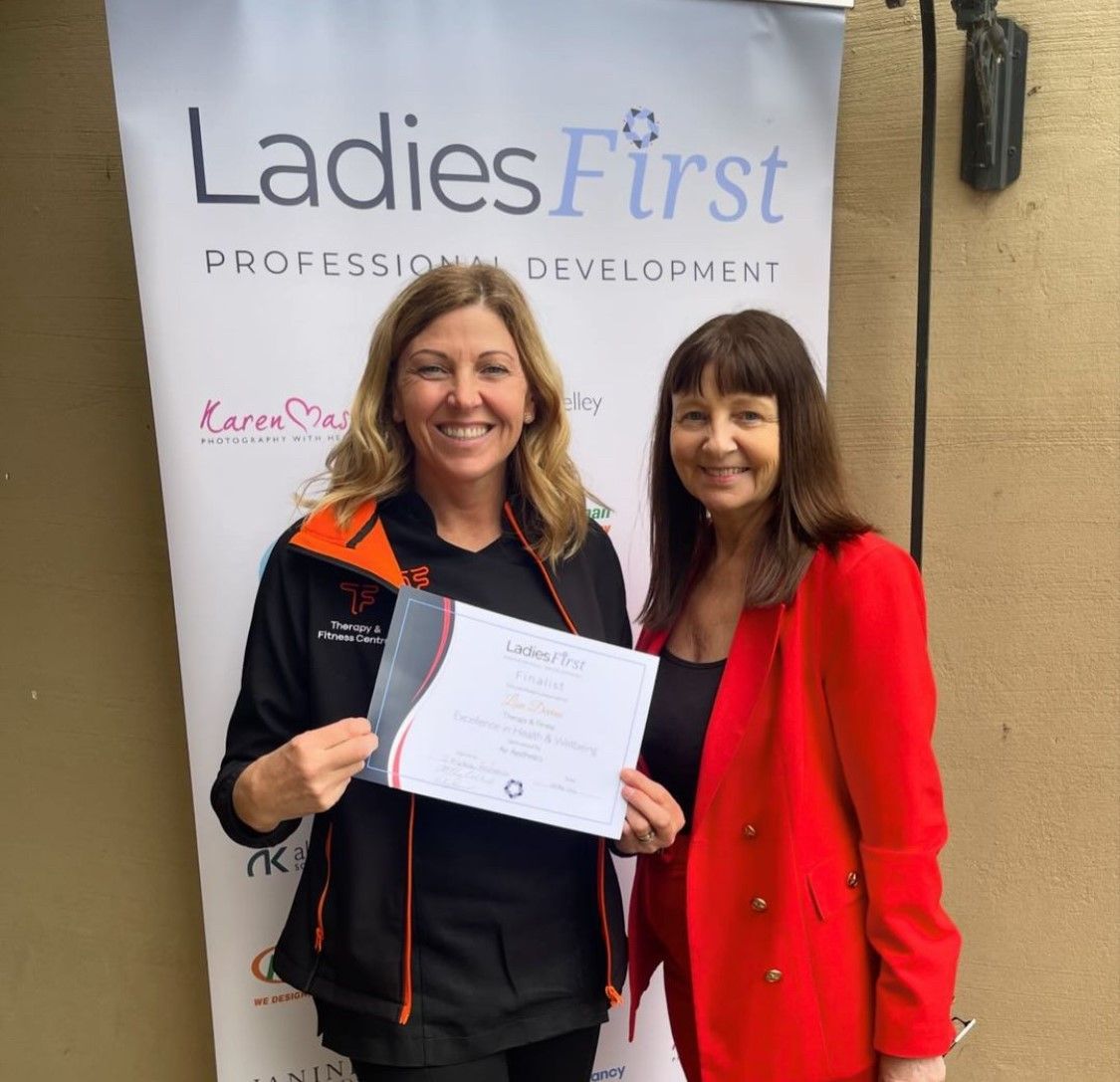
The second time in a row Lisa has been announced as a finalist in the Ladies First Health and Wellbeing category at this years awards ceremony which will be held at the Dallas Burston Polo Club on Thursday 13th June. Last year Lisa won the award which was held at Coombe Abbey Hotel. Will Lisa hold the title for the second year?
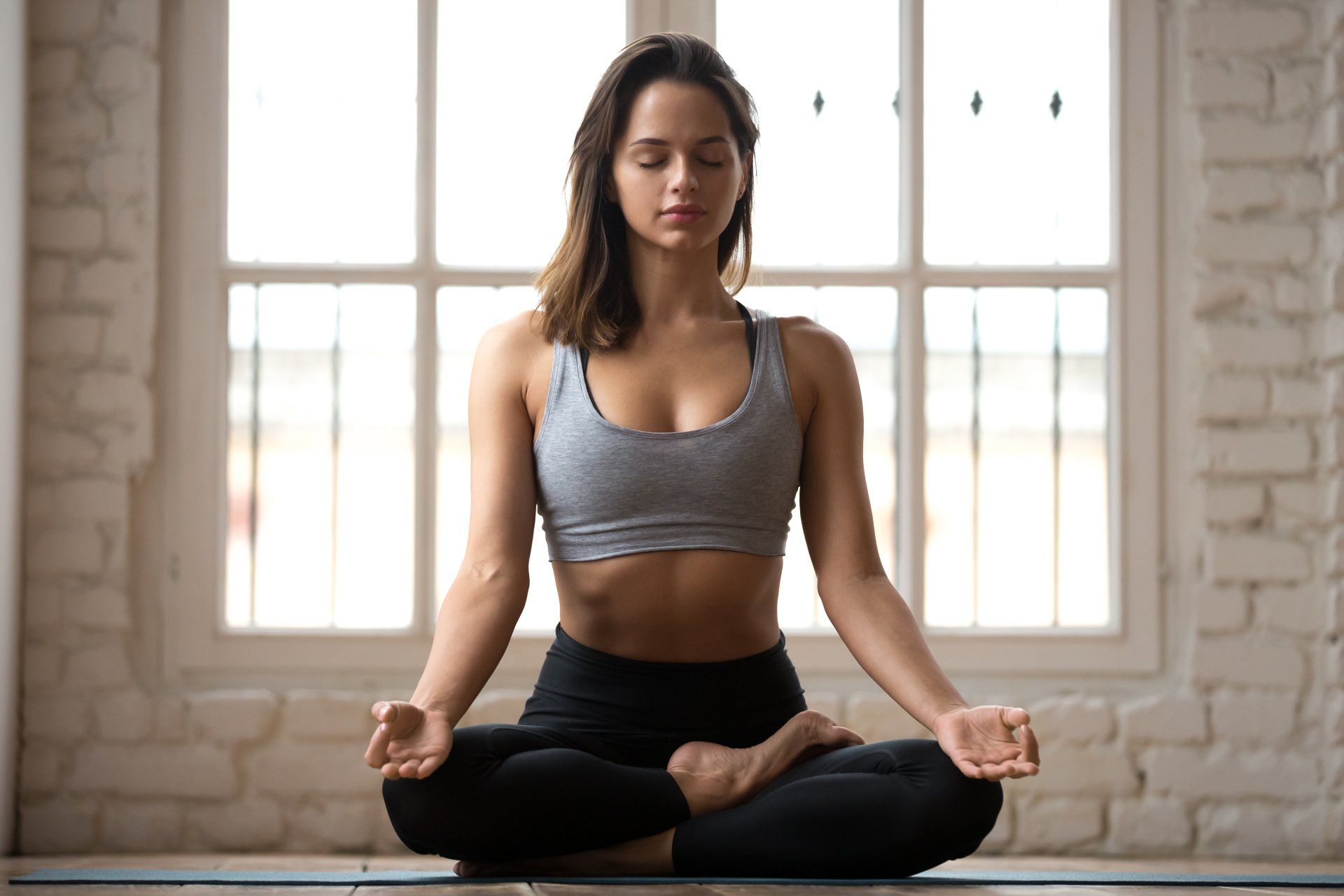
Whether you’re struggling with the symptoms of everyday stress, or are experiencing a big change in your life that is activating feelings of anxiety, it can have an adverse affect on your emotional and physical wellbeing. When your mind is in turmoil, it can be difficult to figure out how to diffuse the feelings of stress, so why not try taking the focus off the things you can’t control, and instead concentrate on the things you can. At Leamington Therapy and Fitness Centre , we’ve put together this list of our top 8 stress relievers to help you relax.
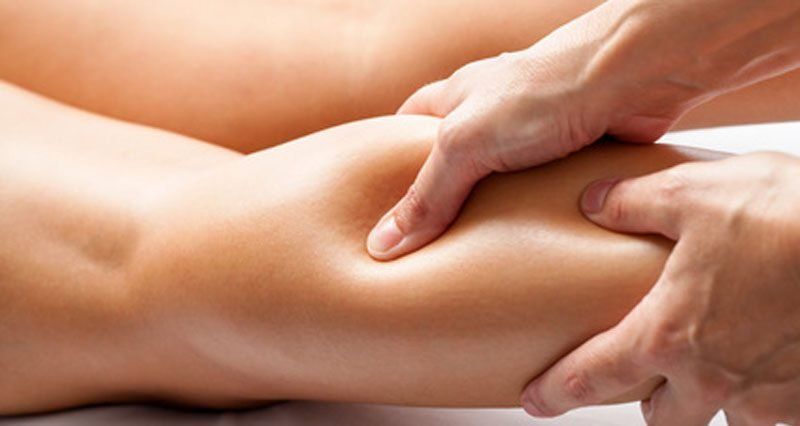
Where is fascia located in the body? Fascia is a sheath of stringy connective tissue that surrounds every part of your body. It provides support to your muscles, tendons, ligaments, tissues, organs, nerves, joints and bones. Does massage help fascia? Massage therapists can help with a technique called Myofascial Release that uses sustained pressure to loosen and lengthen constricted fascia. Cupping therapy is another technique that stretches and lengthen fascia with the use of vacuum cups. What does fascia massage do? Fascial release therapies are known to increase tissue flexibility and joint mobility. Massage therapists can help with a technique called Myofascial Release that uses sustained pressure to loosen and lengthen constricted fascia. How is myofascial release performed? Using light, manual pressure, your therapist will massage and stretch the trigger point, sometimes holding that point for a few minutes. Your therapist may repeat this process a few times on each trigger point they find, until they feel a full release. What can I expect from myofascial release? Myofascial release can be an intense experience. During a session, a massage therapist will massage, knead and gently stretch the muscles and fascia to work out knots. This bodywork technique also involves applying pressure to the tight or sore areas to get them to relax. What should I expect after a myofascial massage? You may feel tired or relaxed after your myofascial massage, however, most people experience an immediate feeling of relief. Aches and pains are common for for around 24 hours after your treatment as the body flushes the toxins that have been released out. What are the benefits of myofascial release? Myofascial release offers a host of benefits to your health and well-being, including: Reduces soreness and improves tissue recovery. Improves neuromuscular efficiency. Increases blood flow. Maintains normal functional muscular length. Improves joint range of motion. Decreases overall effects of stress on the body. What is the difference between myofascial release and massage? First of all, they each have a different focus. Massage works with soft tissue and the overall system of muscles in the body to relieve stress and tension. Myofascial release works specifically with the connective tissue (fascia) to relieve the tightness that causes muscle restrictions. What does myofascial massage feel like? During a massage treatment, when we stretch this tight tissue you could feel a burning sensation. This is a myofascial release sensation and is generally short lived and quite normal, but not felt by everyone. What happens when fascia is tight? Healthy fascia is smooth and flexible. However, when the body undergoes physical trauma, such as muscle injuries or surgery, the fascia is placed under stress and tightens up, causing muscle pain. What causes fascia pain? Factors that cause fascia to become gummy and crinkle up (called adhesion) include: A lifestyle of limited physical activity (too little movement day after day) Repetitive movement that overworks one part of the body. Trauma such as surgery or injury. What can damage fascia? Accidents, abnormal posture, repetitive movements, overextension injuries, or inactivity can all lead to fascial damage. What does damaged fascia feel like? However, when the fascia is damaged through injury, overuse, or dehydration it often has a domino effect, causing a series of painful symptoms to appear over time. You may experience stiffness, reduced range of motion, and increasing chronic pain. How long does it take for fascia to heal? Most injury to fascia heals within a six to eight weeks period. Occasionally chronic inflammation and pain affect fascia. This may cause problems such as painful movement or fibromyalgia. What makes myofascial pain worse? Myofascial pain may worsen if it is left untreated for a prolonged period of time. Additionally, you may also feel more pain if the trigger point or affected muscle is strained or stretched. What happens if myofascial pain syndrome is left untreated? Untreated, the myofascial pain syndrome leads to a reduced extensibility of the involved muscle with consecutive decrease of the range of motion and development of a muscular imbalance resulting in a disturbance of complex movement and evolution of a chronic pain disease. Should you exercise after myofascial release? Many therapists recommend clients avoid strenuous exercise for at least 24 hours after a bodywork session. Exercising after a session can both increase muscle soreness and compromise the value of the soft-tissue work you've just received. What happens to fascia as we age? As you age, your body produces less and less collagen. This has a dramatic effect on the fascia throughout your body. With less collagen, the fascia starts to dry out and tighten. It becomes restrictive, making it more difficult for the body to move efficiently. Can tight fascia cause nerve pain? As fascia stiffens through adhesion, fascia—rich in nerve endings in and of itself—can entrap surrounding nerves, leading to radiculopathy and a host of painful consequences. Who should avoid myofascial release? Contraindications for MFR include – but are not limited to – those with malignancy, aneurysm, acute rheumatoid arthritis, advanced diabetes, severe osteoporosis, and healing fractures. Your physical therapist can help determine whether or not MFR is an appropriate course of treatment for you. Can you do myofascial release on yourself? SMFR methods do not require the assistance of a physical therapist or fitness professional but can be performed by the individual itself and are considered an effective rehabilitation tool. Can you overdo foam rolling? When it comes to foam rolling, yes, you can overdo it. Excessively using a foam roller on a specific area can increase injuries and leave you in more pain. Instead, limit foam rolling to 30 to 90 seconds per muscle group and include 10 seconds stretching in between each roll.

